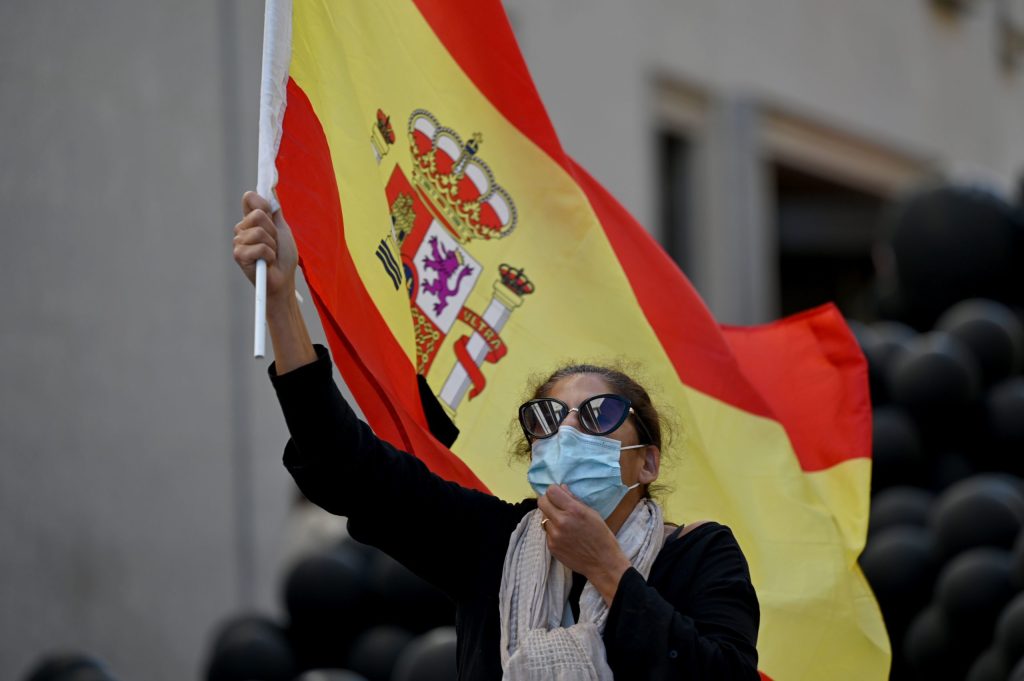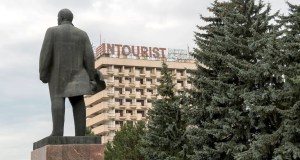Sancho Panza’s long-cherished ambition was to become a politician. He wanted to be installed as governor of an island; Don Quixote had led him to believe that this was the reward a loyal squire could expect to receive from the knight errant he had served.
Attractive opportunities to move into government increased dramatically for Spain’s latter-day Sanchos after the death of Franco; almost overnight one of Europe’s most centralized nations became a quasi-federal state with 17 autonomous communities. Each of these 17 regions has its own parliament and government and well-paid politicians. The head of the autonomous community of Catalonia, for example, has a salary of €153,000 ($180,000) a year and can look forward to a generous pension. Just the kind of thing Sancho had in mind.
Catalonia and the Basque country had already enjoyed self-rule before Franco’s dictatorship, but as Spain transitioned to democracy it was decided that this time there was to be café para todos (coffee for everybody): the whole country was divided up into regions with devolved governments.
That raised the question of what to do with Madrid. The nation’s capital is so big that it would have swamped either of the sparsely populated neighboring communities of Castile and León and Castile La Mancha. The solution was to make the province of Madrid an autonomous community in its own right; densely populated but small in size, a head without a body.
Today Madrid has one of the highest coronavirus infection rates of any region in Europe. As the health crisis has deepened, the problem of too much government has suddenly become apparent. There have been occasions when Spain’s health minister, Madrid’s mayor, and the head of the autonomous community of Madrid have all commented in quick succession on the city’s health crisis, their different messages sowing confusion.
To make matters worse, while Spain’s central government is a minority left-wing coalition, the government in the autonomous community of Madrid is led by the right-wing Partido Popular. No love is lost between these political rivals and no opportunity for point scoring has been missed; there seems little prospect of them working together in harmony for the good of the people of Madrid.
Indeed Madrid’s regional government was delighted last week when the blanket restrictions imposed by the central government were declared illegal by the high court of the region, announcing that it would revert to its policy of closing only the worst-hit areas. As the flurry of mutual recriminations and the exchange of carefully crafted insults intensified, the central government promptly announced a state of emergency thereby re-imposing the more severe restrictions that it favors.
Coinciding with a long weekend (October 12 is Spain’s national day), these abrupt changes to the rules have generated much frustration and considerable confusion. Some in Madrid blame the central government, some blame the regional government, and some blame both. Meanwhile, the death toll rises.
In the 1980s these autonomous communities were welcomed as part of the new democratic scene. With the central government taking responsibility for revenue, spending the money was the regions’ pleasant task. Soon however the regional governments began to attract criticism for adding an unnecessary layer of bureaucracy. Over the years, many acquired top-heavy administrations, their own companies and television stations, and some became nests of corruption.
Now the pandemic has further increased tensions between the central and the regional governments, exposing weaknesses in the system. Each of the 17 regions, for example, also has its own health system which has led to problems in obtaining reliable national statistics with different criteria used for compiling the numbers that are then sometimes sent in late. Time will tell if the system of regional autonomies will survive in its present form. Meanwhile, as the blame game continues and the health and economic crises worsen, what’s already clear is that governing has suddenly become a much less attractive job.
[special_offer]
Sancho’s experience was similar. He eventually achieved his ambition and became governor of his own island. At first, all went smoothly, and he enjoyed exercising his new powers. But before long his island was invaded by an enemy ‘in countless numbers’ and he found himself beset by ‘a thousand miseries, a thousand troubles and four thousand anxieties’. Governing, he concluded, was not the pleasant and easy-going affair he had envisaged.
This article was originally published on
The Spectator’s UK website.


















